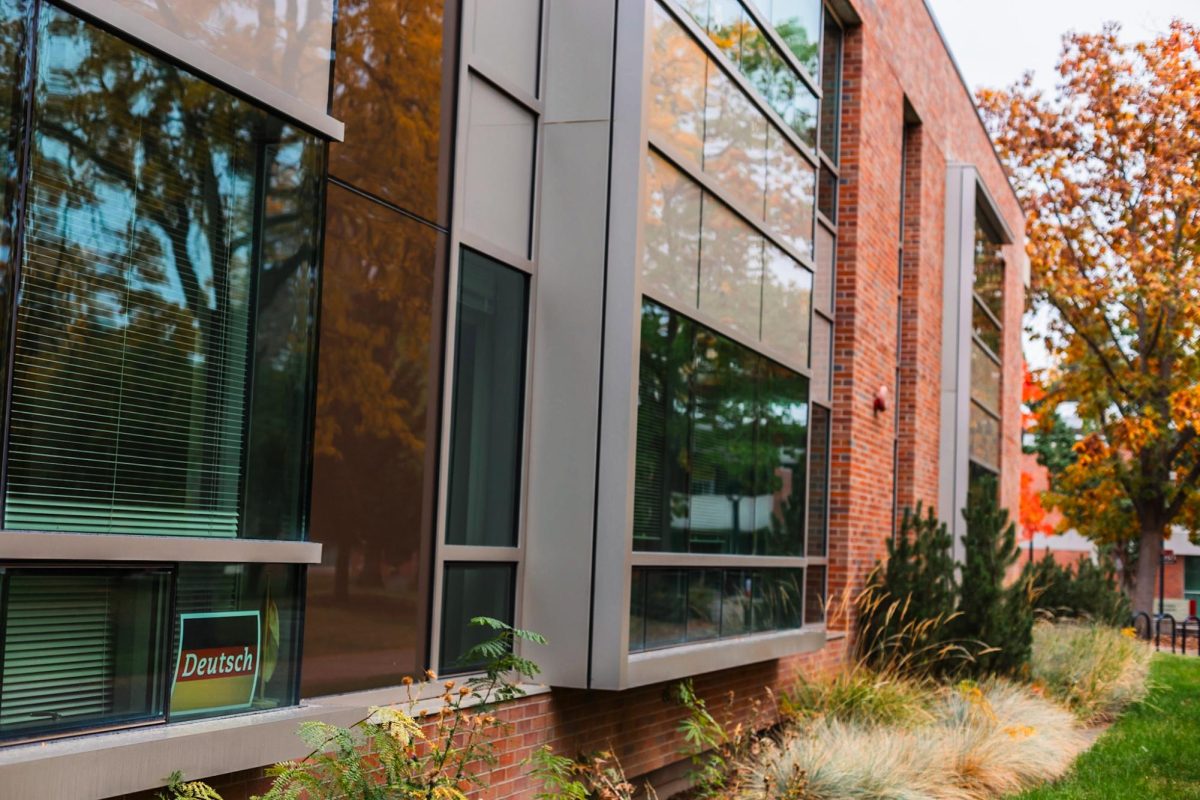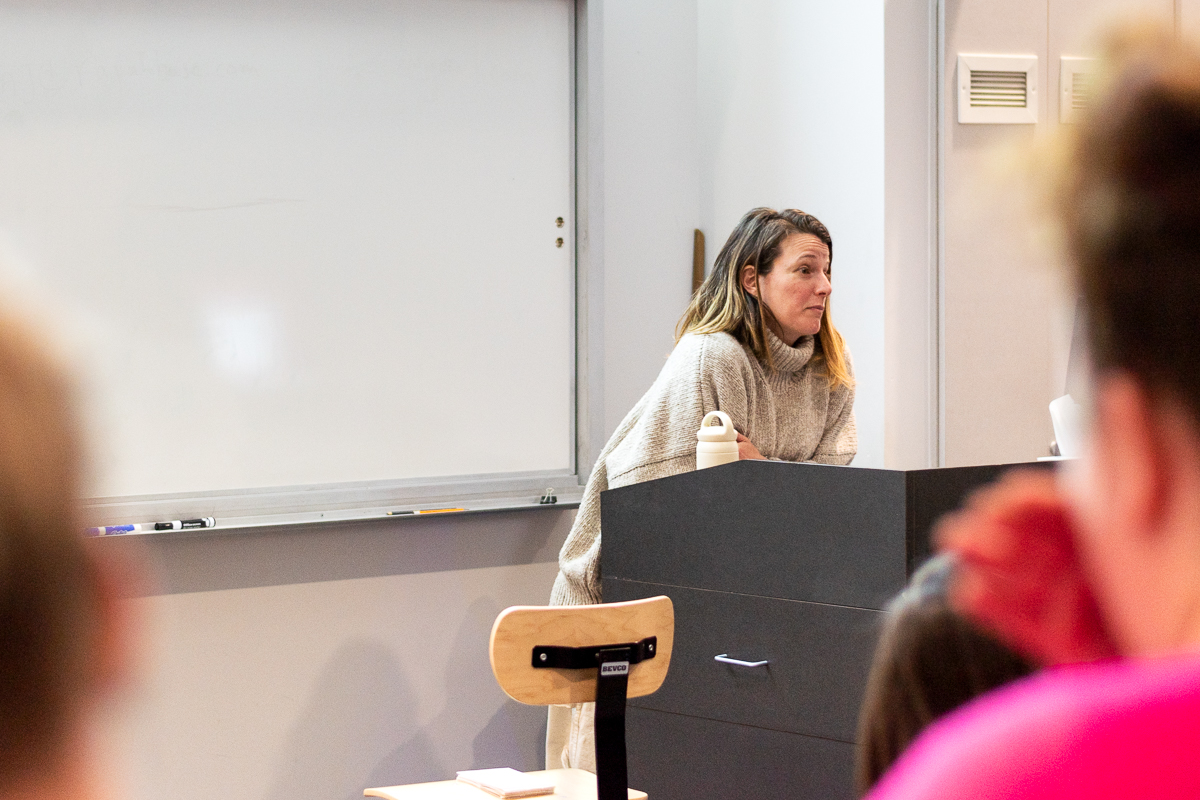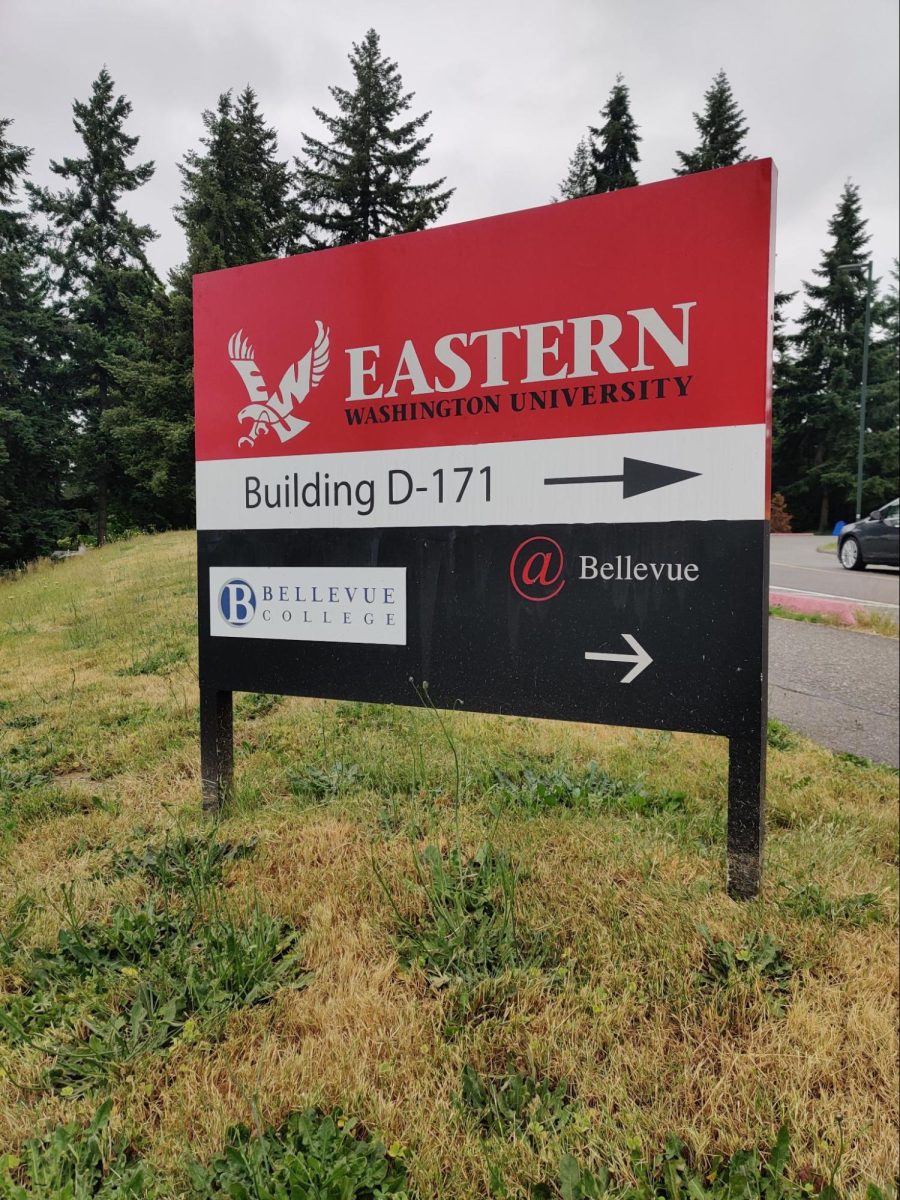General education reform movement gains momentum against 20-year-old system
A movement to reform Eastern’s general education system has formed and is now gaining ground as input comes in and workshops are hosted.
General education classes, or GECRs as Eastern students may know them as, are the classes students must take before they start their majors.
The goal of general education classes is to make sure graduates have a common base of knowledge based on the university’s core values.
Dr. Kevin Decker, associate dean of the college of arts, letters and education, has been on the forefront of this movement to reform Eastern’s general education system.
“The fact of the matter is that our current structure for general education is about 20 years old,” said Dr. Decker. “When we look at the best practices for [general education], the very first one that comes out is that it’s intentionally designed, it has faculty buy-in, it has high interest for students and it aligns with the institution’s goals and mission.”
According to Dr. Decker, Eastern has a “distribution list” general education system which makes it easy to get a new course in as long as it is well designed and fits somewhere in either humanities and fine arts, natural sciences or social sciences.
This poses a problem because there are many departments which do not offer general education classes which potentially could, but have a hard time fitting classes into the current structure because they do not fit any list of requirements for general education, according to Dr. Decker.
Dr. Decker is interested in Portland State University’s integrative general education system. An integrative system means that the classes are cross-disciplinary meaning that the classes are combinations of other disciplines that can be related to each other.
Dr. Decker said that an example of this is Bob Dylan and the music industry which is a combination of music, finance and pop-culture.
According to Portland State University’s http://Psx.edu in order to get a BA, a student must complete twelve credits in arts and letters, four credits in science/math, eight in social sciences and four in a foreign language
For students pursuing a BS, they must complete twelve credits in science, twelve in arts and letters/social science and four credits in college-level math/statistics.
Students take general education classes that pertain to the major they are pursuing.
Though Dr. Decker has his own ideas for general education reform, he said that this push takes the efforts of others as well.
“The [general education] reform effort is an across-the-campus, into Riverpoint, effort to gain information about what people think the current [general education] doesn’t do well and what a revised [general education] structure could do better,” said Dr. Decker.
According to Dr. Decker, the Dec. 3 board of trustees decision on whether or not EWU will stay on the quarter system could affect the general education reform movement.
“Personally, I prefer semesters,” said Dr. Decker.
Though this is his preference, Dr. Decker said the momentum for the work that the student success committee has put into general education and first year experiences for freshmen has been based on staying on the quarter system.
He thinks that, if the decision is made to switch to semesters, work on general education reform would come to a halt. This is due to the fact that switching to semesters would take more time and energy than it would to reform the general education system.
“[General education] reform requires at least two things, opportunity, which the change to semesters would not shut down, but it would also require motivation,” Dr. Decker said.
Dr. Julia Smith, president of the faculty committee, has a similar view
“In a perfect world, life changes over the decades and the general education system needs to be something that grows and changes too,” said Dr. Smith.
Student input is important for this movement, but Dr. Smith understands that students will want to omit the classes they do not want to take.
“We’ve had students address us at both of the forums [so far], and they have been fantastically insightful,” said Dr. Smith. “They’ve been very thoughtful, they’ve talked about what is good about the general education system but also pointed really important ways toward the issues with the general education system.”
Dr. Smith said that once an idea is fleshed out about how the general education system should look, actual requirements can be set. She compared these requirements to buckets.
“Our lists [of requirements] are the buckets and we’ll figure out what goes in the buckets,” said Dr. Smith. “I think as we start creating the buckets, we’ll have a lot of useful input from students.”
She feels that this will make it easier for students to say what classes should be in each list, or if a list doesn’t work, for students to say “that’s a stupid bucket.”
There will be one last workshop for anyone who wants to know more about the general education reform movement on Nov. 15 from 3-5 p.m. in the JFK auditorium.















